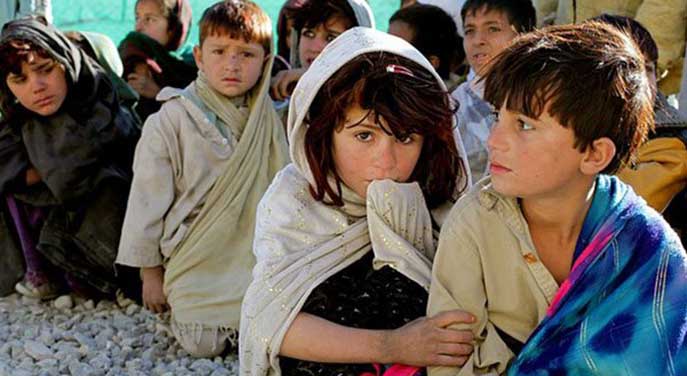 There are a million funny things to talk about, a million laughs to be had, a lot of phenomenal progress being made on numerous fronts, things that do make our lives better and better.
There are a million funny things to talk about, a million laughs to be had, a lot of phenomenal progress being made on numerous fronts, things that do make our lives better and better.
But it’s kind of hard to smell the roses when it’s like Voldemort is expected by dinner time.
There’s the war in Ukraine that’s too horrifying for words; a sad and stark reminder of the Syrian Civil War, which has been going on for a decade, claiming half a million lives; and the even sadder fact that as these things drag on, the world’s attention simply moves on to the next catastrophe, real or imagined.
And frankly, the energy side is as depressing as both wars. Why?
Because there are global energy and food shortages, and the combination could severely impact billions of people.
That’s not hyperbole – it is a bit of a perfect energy storm.
| RELATED CONTENT |
| Putin’s invasion threatens to upend global agri-food industries By Sylvain Charlebois |
| Wheat makes the world go round By Pat Murphy |
| The world is on the brink of a food shortage By Sylvain Charlebois |
The Russian war is definitely having an impact because both Ukraine and Russia are massive grain producers and exporters. Neither looks good on that front. But the energy shortage is a looming mountain compared to that foothill.
Cheap and reliable energy allows for modern farming through ubiquitous fuel and abundant fertilizer. Both are in short supply and that’s going to impact yields. There is also a real and massive risk to the manufacturing sector from high natural gas prices.
The Economist recently pointed out how dire the situation is: nearly 1.6 billion people can’t be sure of getting enough to eat and 250 million are close to famine. It blamed the Russian war and, of course, climate change because weather has impacted crops in various parts of the world.
Climate change isn’t the problem here. Every year, for centuries, some regions have had too much precipitation, some not enough. Some parts in some years are too cold and some too hot. Global food production has increased steadily over the past decades, keeping up handily with a growing population. Famine deaths have similarly plummeted. There’s no basis for saying that extreme weather is leading to global food shortages.
This time it’s different, and for that, we can thank the likes of The Economist. Since it always asks for feedback on its articles, I thought it might not be a bad idea to offer a viewpoint that I would bet it doesn’t hear within their storied hallways:
“Re: ‘Why the world is tipping towards mass hunger’ – you erroneously tag climate change as a reason. True, there are floods and droughts and other extreme events that harm crops in localized regions – but it has always been thus.
“The major reason the food system is under duress has to do with strangulation of the world’s fuel supply, which began well before Russia’s invasion. That act of war simply accelerated it.
“The ‘divest fossil fuels’ campaign is bearing ghastly fruit. This is the consequence. There is no suitable replacement for the existing fuel system and won’t be for decades. Yet the editorial choice was made nearly universally to accept and promote the idea that humanity was at risk in half a century due to climate change rather than even contemplating whether humanity would be at risk in two years if the war on hydrocarbons succeeded.
“Ironic food supply discussion, isn’t it? Dear Economist: You reap what you sow. This is your moment. Consider what you’ve done.”
Terry Etam is a columnist with the BOE Report, a leading energy industry newsletter based in Calgary, and a contributor to the Frontier Centre for Public Policy. He is the author of The End of Fossil Fuel Insanity.
Terry is a Troy Media Thought Leader. For interview requests, click here.
The opinions expressed by our columnists and contributors are theirs alone and do not inherently or expressly reflect the views of our publication.
© Troy Media
Troy Media is an editorial content provider to media outlets and its own hosted community news outlets across Canada.


